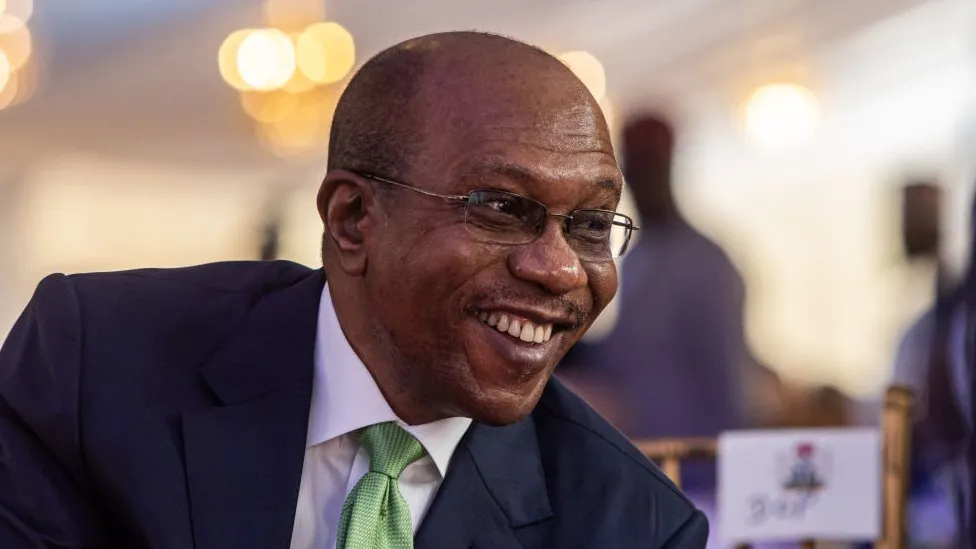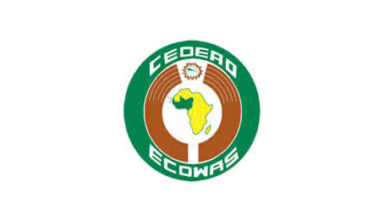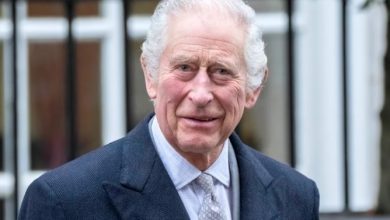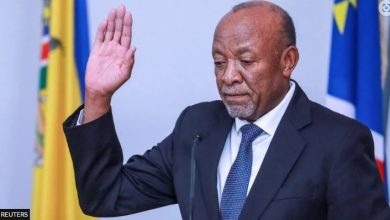No more visa on arrival for Kenyans travelling to South Sudan

Kenyans wishing to travel to South Sudan will no longer get visas on arrival as Juba intensified online and embassy visa applications to raise revenues.
South Sudan’s Deputy Foreign Affairs Minister Deng Dau Deng said e-visas will ensure adequate collection of fees from applicants and facilitate accountability.
“This is just a normal routine; the Embassy in Nairobi will be issuing visas to those who are in need of entering South Sudan. There is also an E-Visa they can get through an online application. So it is just a normal procedure not specific to Kenyan natives.
“Most of the countries of the World are trying to move away from these [ordinary] Visas being issued on arrival or providing stickers,” said Deng.
He added that the move is also meant to streamline payment of revenues.
In December last year, various South Sudanese stakeholders called for auditing of the Aviation authority after reports emerged that the body was not remitting the funds generated at Juba International Airport to the National Revenue Authority. The fees included immigration collections at the airport from visas issued to arrival.
The call came after the Crisis Management Committee, a body established to fix the ailing economy, revealed that the Civil Aviation Authority was not fully remitting its tax collections to the National Treasury.
Onyoti Adigo, who heads the Cabinet-level subcommittee of the economic cluster alleged that millions of pounds being collected at the airport were being mismanaged.
Adigo’s comment came after his delegation visited Juba International Airport to quell protests staged by aviation staff over unpaid arrears. The strike had interrupted both domestic and international flights.
But Kur Kuol, director of Juba International Airport blamed South Sudan’s Council of Ministers which he said approved an order of payment to a company that constructed airport terminals.
In September last year, Sentry published a report called “The Taking of South Sudan”, which accused regional and international companies of profiting from the South Sudan conflict.
It also accused seven immediate family members of President Salva Kiir of forging a partnership with Chinese-Malaysian oil giants, British tycoons, and networks of traders from Ethiopia, Eritrea, Kenya and Uganda. But Presidential Press Secretary Ateny Wek Ateny said the allegations were biased and did not have evidence to support them.
In October last year, the United Nations Human Rights Commission accused some South Sudanese politicians and senior government officials of embezzling at least $36 million since 2016.





